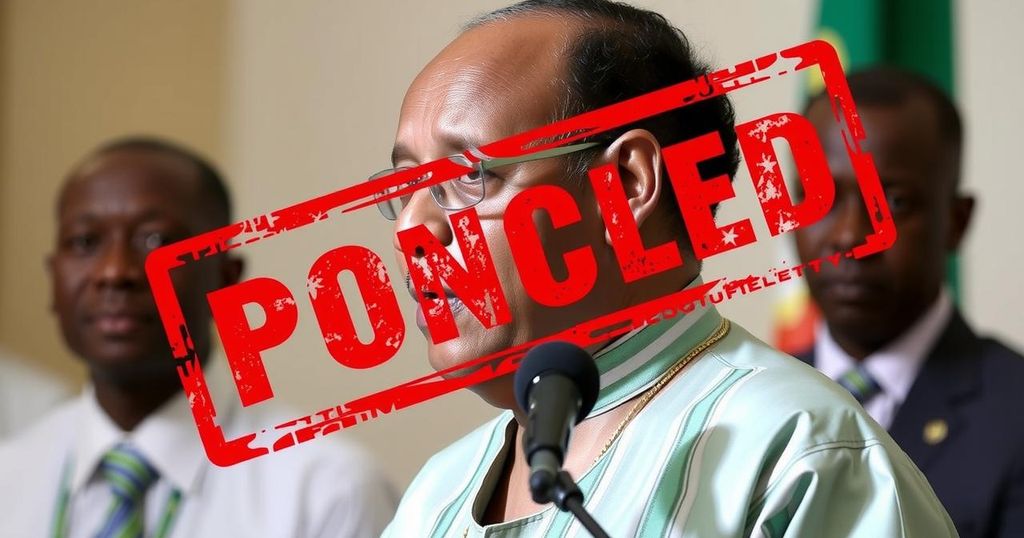Togo has delayed its first senatorial elections to February 15, 2024, to enhance organization among political parties. Campaigning will begin on January 30. The elections are part of a new constitutional framework criticized for undermining democracy, with major opposition parties, such as ANC, planning to boycott the vote as they perceive it as a political maneuver by President Gnassingbé to retain control.
Togo has postponed its inaugural senatorial elections to February 15, as stated in a presidential decree revealed on Friday evening. This two-week extension aims to provide political stakeholders with adequate time to arrange their strategies and campaigns, which will commence on January 30. The senatorial vote represents a critical step in actualizing a new constitution that has faced severe criticism from opposition groups and civil society.
Political parties, including several minor factions, had requested this delay to facilitate candidate registrations. However, notable opposition entities, such as the National Alliance for Change (ANC), have announced plans to boycott the elections, labeling them a component of a “constitutional coup d’état.” Established through a constitutional amendment in 2002, the Senate, comprising 61 members, has yet to be constituted. Of these members, 41 will be elected by regional and municipal councillors, while the remaining seats will be appointed by the president of the Council of Ministers.
The new constitution, which transitions from direct presidential elections to a parliamentary system, has been criticized as a mechanism for President Faure Gnassingbé to maintain power indefinitely. President Gnassingbé, who heads the ruling Union for the Republic (UNIR) party, has held the nation’s presidency since 2005, following his father’s 38-year reign. During the recent April 2024 legislative elections, Gnassingbé’s party secured 108 out of 113 legislative seats, further consolidating his political dominance in the West African nation of approximately 8.8 million citizens.
The original context arises from Togo’s ongoing political evolution, particularly its shift towards a parliamentary system as embodied by the new constitution. This transition is pivotal, as it alters the mechanics of governance and power distribution within the country. The postponement of elections could signify both internal political negotiations and the desire for broader participation among various political factions. Furthermore, the opposition’s intention to boycott indicates a significant rift in Togo’s political landscape, raising questions about the legitimacy of the forthcoming senatorial elections.
In summary, Togo’s senatorial elections have been rescheduled to February 15, allowing political parties additional time to prepare. However, significant opposition groups plan to boycott the elections, seeing them as part of a constitutional manipulation. The establishment of the Senate is a notable aspect of Togo’s new governance framework, which has met with criticism regarding its implications for presidential power and democratic processes.
Original Source: www.barrons.com






